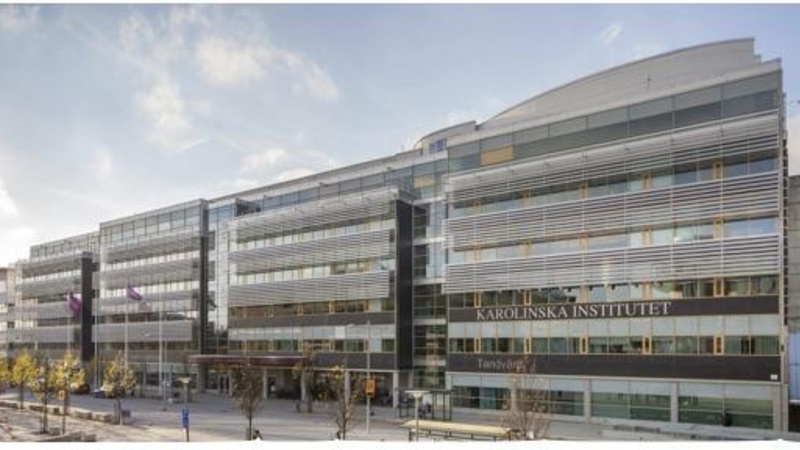MMBio Summer School

A 5-day summer school, for MMBio participants and open to the public.
25 - 30 June 2018, Stockholm, Sweden
The summer school will include the following workshops and topics:
1. Chemical reactions of nucleic acid: Basic reactions and reactivity of nucleic acids and their constituents, i.e. reactions at the sugar moieties, heterocyclic bases and phosphates
2. RNA handling techniques – RNA secondary structure mapping by SHAPE and in-line probing : Aimed at introducing ESRs with a chemistry background to the special techniques associated with handling nucleic acids. Synthesis of RNA by T7 transcription. Purification, analysis and quantification. Labeling by kinases. Labeling by ligation. Application of sequencers for oligonuclotide analysis. Kinetic analyis of ribozyme-mediated RNA cleavage. Studies of ligand binding by FRET. Localization of binding sites by affinity cleavage.
3. Synthesis and specific applications of modified peptides and oligonucleotides: Methods of peptide and oligonucleotide synthesis, labelling of peptides and oligonucleotides, design of artificial enzymes, DNA binding peptides.
4. Nucleic acids as therapeutic and diagnostic agents – Present status, future prospects and challenges: Antisense and antigene oligonucleotides, siRNA miRNA therapy and targeting and mRNA therapy and nucleic acid delivery technologies. Nucleic acid technology applied for diagnostics including labelling and detection issues.
5.Crispr/Cas as a tool for genome editing. CRISPR/Cas systems in cell and animal models are a breakthrough technology for genome editing. This workshop will cover insight into the basics of CRISPR-Cas genome editing technology, encompassing knockout and loss of function screening strategies and gene targeting in iPS cells.
6. Why do drugs fail? A large number of promising drug candidates never reach the market. The large attrition rate (especially failure in late-stage clinical trials) is very costly and damaging to the healthcare industry. Despite the revolutionary developments in gene sequencing and ‘–omics’, the number of approved drugs reaching the market has been decreasing. We will address the reasons for these difficulties and discuss case studies of failed drugs that illustrate what might go wrong.
7. Drug development and manufacture: This workshop will cover: from in vitro success to in vivo application cell-free systems, cell-based assays and mouse models on the way to the clinic. Drug design and ‘druggability’– case studies of successful drugs. Challenges and perspectives of non-viral gene therapy and ON-based therapies. A session on Good Manufacturing Practice, process development and flow chemistry.
8. Ethics: Raising awareness of ethical issues (including bioethics) is standard policy of all institutions and appropriate training schemes are in place in all labs. In addition we will discuss selected case studies (after background reading by the ESRs) in one session in an early network meeting. Questions of genome editing at embryonal stage in humans with CRISPR/Cas systems will be explicitly discussed (including its gender aspects). Ethical aspects of possible gender bias in research and best practise to avoid or minimise such gender bias will be an important second topic.
9. Project Management skills: reflections on aspects for organisation of a project (time management, managing change, managing information, quality management, team work and effective task distribution) highlighting the university and industrial perspective.
Draft timetable can also downloaded here.
Please register using the online form (deadline: 25th May 2018).

